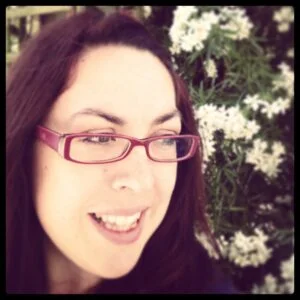
Kate Frost, MA (Creative Writing)
Plenty of universities and colleges are ready to take your money for degree-level courses in creative writing and other writing-related topics, but are such educational avenues the best investment for indie authors keen to hone their writing skills and advance their self-publishing career? It's not as if there aren't plenty of other courses available, largely online and therefore universally accessible, many targetting the specific needs of indie authors more precisely.
British novelist Kate Frost, who writes for both adults and children, shares her perspective on her own Creative Writing MA, for which she studied at one of the UK's leading universities.
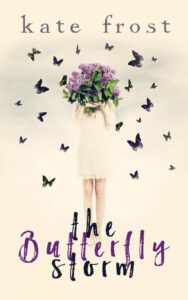
Kate Frost's debut novel
I loved doing my Creative Writing MA. A whole year at Bath Spa University, on a beautiful campus, immersed in writing along with dozens of other like-minded writers, poets and novelists.
That was back in 2004-05, when the focus of the MA was on producing a piece of work to a publishable standard with the aim of getting an agent, followed by a traditional publishing deal.
I don’t think self publishing was ever mentioned, and if it was, it was most definitely frowned upon.
I didn’t get an agent or a publishing deal post-MA, despite getting very close on both counts with two different books. However, what I took from the MA was probably more valuable for my long-term career as an author.
What I Gained from a Creative Writing MA
- The ability to stop being precious over my writing
I learnt to take criticism (the majority of it helpful and constructive), and, by the end of the year, I was happily paring back my writing and cutting huge swathes of text that didn’t work. - The courage to go indie
This was a biggie. It was having done the MA that gave me the confidence to years later self-publish. I knew I’d written a good book, but without having gone through the process of the MA, I’m not sure I would have taken the plunge to go indie. - A network of supportive writing friends
My best beta reader was on the MA at Bath Spa with me – my manuscript always comes back from her covered in red ink but it’s helpful, encouraging and insightful.
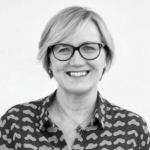
Finnish indie author Helena Halme
Don’t just take my word for it. Author of TheNordic Heart romance series, Helena Halme, also did her MA at Bath Spa and would recommend the experience, saying:
“If you like writing, or rather, if you can’t stop yourself from writing, it’ll definitely make you a better writer.”
Would I Urge an Aspiring Author to do an MA?
If you’d ask me back in 2005 when I’d just graduated,or even a couple of years later, I’d have said yes, absolutely.
But nowadays, the amount an author would spend on doing an MA could be put towards the cost of editing, cover design and marketing to produce a professional self-published book.

British indie author Elizabeth Ducie
Medical thriller author Elizabeth Ducie says of her MA experience at Exeter University, “I had a specific objective – to give myself a structure against which to finish the first draft – and that was achieved.” However, she goes on to say, “but I’m not sure I would recommend this route for other aspiring authors, unless they definitely want to go down the literary and/or academic route.”
A Welcome Boost to Confidence
Getting accepted on to a renowned Creative Writing MA programme such as Bath Spa’s is a confidence boost in itself, an acknowledgement that you can write and write well. You will likely gain confidence and understand your weaknesses.
It’s also a wonderful way to immerse yourself in the literary world with like-minded students and tutors. You’ll make lots of trusted writer friends to critique your writing and, most importantly, give you honest and constructive feedback.
But, unless you’re serious about going down the traditional publishing route (in which case the kudos and networking connections/opportunities an established Creative Writing MA can offer are invaluable), with self-publishing as big as it currently is, I’d agree with Elizabeth Ducie, and suggest going the indie route.
My Final Recommendations
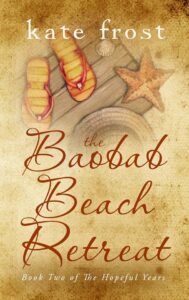
Kate Frost's latest novel has just been published
Therefore, instead of taking a Creative Writing MA, I recommend you:
- read lots
- write lots
- perfect your craft
- connect with other writers and authors
(as well as MA friends I’ve become great friends with writers I’ve met via Twitter and through ALLi) - plough your money into a good editor and cover designer
If you still fancy doing a MA but like the idea of self-publishing anyway, then go for it. You will undoubtedly be a better and more confident writer by the end of it.
JOIN THE CONVERSATION If you've taken an MA in Creative Writing or some other aspect of writing craft, how did your experience compare to Kate's? What would you advise other aspiring writers to do?
Creative #Writing MAs - why I'm glad I took mine, but wouldn't do so now - by @Kactus77 for #ww Share on XOTHER INFORMATIVE POSTS ABOUT EDUCATION FOR WRITESR – from the ALLi Archive

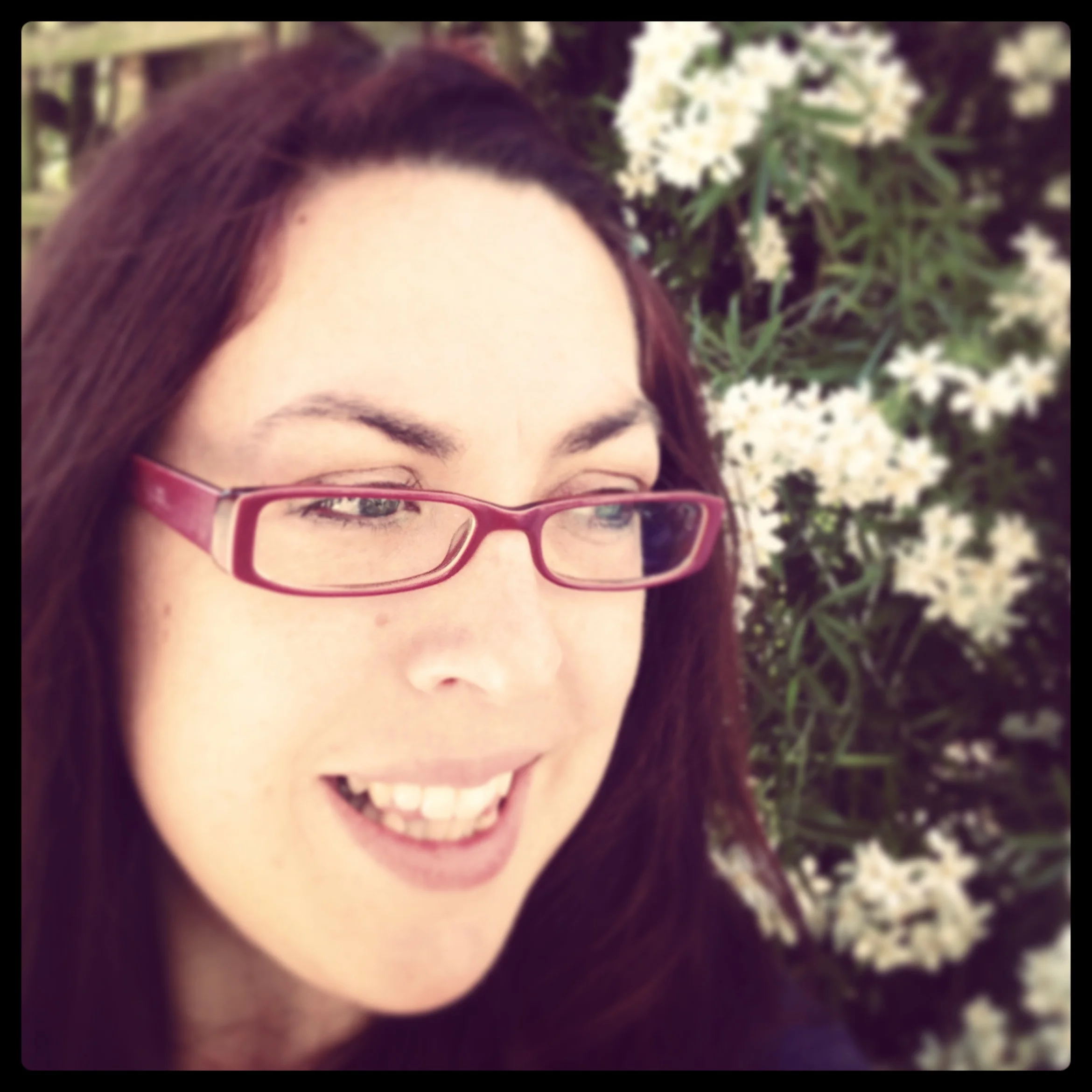



Thank you for this wonderful, inspiring piece of backstory! You’ve also nailed some of the vital sources of creativity, energy, and practice in what we should look for, whether it’s through a Creative Writing MA or something else. I think we need to be reminded of them, again and again when we’re finding our individual paths. Thank you for reminding us! (bows)
I was with Kate on that MA and agree entirely. It was a wonderful year. I learnt lots; met lots of like-minded people and learned to accept – and sift – criticism. The emphasis, however, was very much on finding an agent and publisher – I managed the former but not the latter though my book was eventually published by YouWriteOn. I would recommend the MA as a wonderful opportunity to immerse yourself in a writing bubble but it’s a harsh world when you emerge and does not prepare you necessarily for independent publishing.
I wonder if it would be the same nowadays, Tamsin? It would be interesting to find out from someone doing a Creative Writing MA in 2017 rather than 2004 and whether the emphasis has moved towards indie publishing even a little bit. Either way, I loved our MA year!